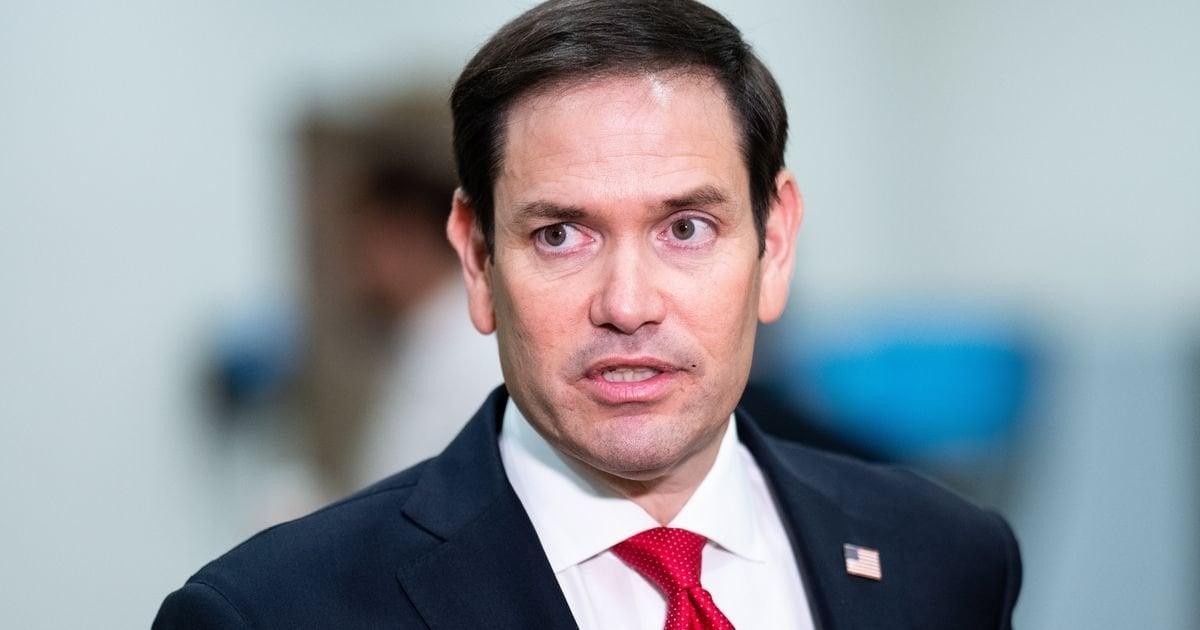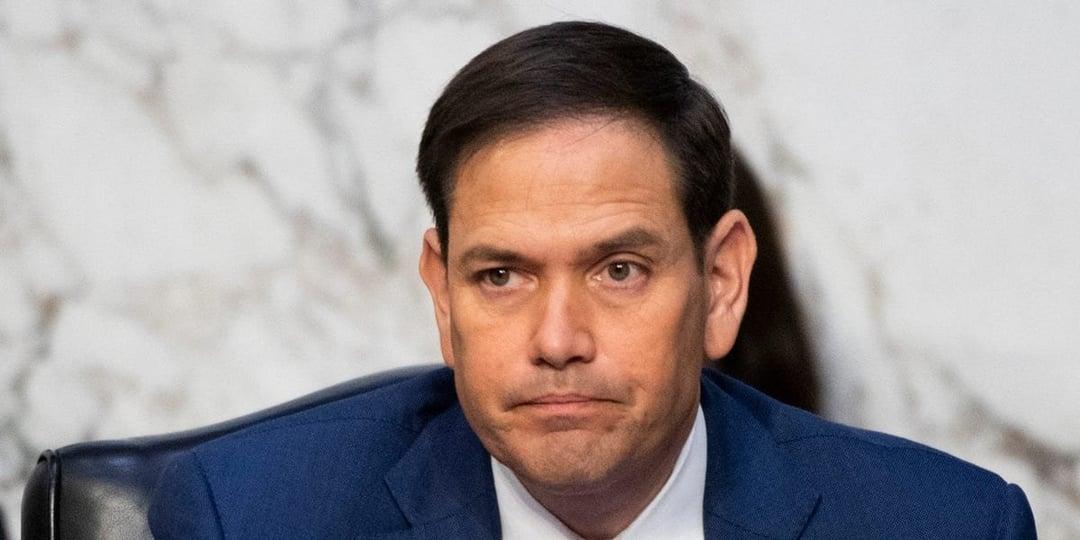The question of whether we support Marco Rubio’s stance on revoking visas and deporting terrorist families and sympathizers is a complex and divisive issue that requires careful consideration of both ethical principles and the potential social, legal, and political consequences.

Marco Rubio, the U.S. Senator from Florida, has long been a vocal advocate for tougher immigration policies and more stringent measures in national security. His recent statement on revoking visas and deporting terrorist families and their sympathizers reflects his position that national security should be prioritized, especially in a post-9/11 world where the threat of terrorism remains ever-present. However, this proposition has sparked a heated debate about the implications it may have on civil liberties, human rights, and the broader impact on immigrant communities.
One of the most significant concerns raised by opponents of Rubio’s proposal is the potential for collective punishment. The idea of punishing an entire family or group of people for the actions of one individual can be seen as unjust and counterproductive. Historically, collective punishment has been condemned under international law, particularly because it undermines the principles of fairness and due process. Critics argue that families and sympathizers of terrorists may not always have direct knowledge or involvement in the crimes committed by an individual family member. Holding innocent people accountable for actions they did not commit is a violation of their fundamental rights.

Furthermore, there are concerns about the impact of such policies on the U.S.’s reputation as a nation built on the principles of freedom and justice. Deporting individuals based solely on their associations or beliefs could create an environment of fear and suspicion, especially within immigrant communities. Many families come to the United States seeking safety and opportunity, and policies like Rubio’s could exacerbate feelings of alienation and distrust. In turn, this might harm national unity and undermine efforts to integrate immigrants into American society.
Another aspect of this debate revolves around the concept of radicalization. While it is undeniable that some individuals may become radicalized by extremist ideologies, it is important to recognize that the process of radicalization is complex and influenced by a wide range of factors, including socio-economic conditions, personal grievances, and exposure to extremist propaganda. Simply labeling someone as a terrorist sympathizer or deporting them based on their associations with others may not address the root causes of radicalization. In fact, it may inadvertently fuel resentment and push individuals further into extremist ideologies.
Moreover, there is the issue of practicality and fairness in the enforcement of such policies. The implementation of blanket measures such as visa revocation and deportation could lead to errors and abuses in the system. For instance, people who have close ties to terrorist suspects but who are not themselves involved in terrorist activities might be unfairly targeted. The sheer volume of cases that would need to be processed, combined with the potential for political bias or mistakes in identifying actual threats, could create significant logistical challenges and injustices. There is also the risk that such policies might disproportionately affect certain ethnic or religious groups, further fueling divisions and discrimination in society.
On the other hand, proponents of Rubio’s position argue that it is necessary to take a hardline approach to ensure the safety of American citizens. In their view, terrorist organizations pose a direct threat to national security, and any association with these groups, whether through family ties or ideological support, should be taken seriously. In this context, they believe that revoking visas and deporting sympathizers is a necessary measure to safeguard the country from potential terrorist attacks. They also argue that by sending a strong message to terrorist groups, the U.S. can prevent radicalization and deter future threats.
It is also worth noting that some supporters of Rubio’s proposal believe it would help to strengthen the integrity of U.S. immigration policies. By ensuring that individuals who harbor extremist views are not allowed to remain in the country, they believe that the government would be taking a proactive stance in protecting its citizens. The focus on deporting terrorist sympathizers, they argue, could help to mitigate the risk of homegrown terrorism and other forms of extremism that have been seen in recent years.
Ultimately, the issue of whether we support Marco Rubio’s proposal to revoke visas and deport terrorist families and sympathizers is a difficult one. It touches on issues of national security, human rights, and the principles upon which the United States was founded. While security is undeniably important, any measures taken to protect the nation must be carefully balanced with respect for individual rights and the rule of law. It is essential to ensure that policies designed to combat terrorism do not inadvertently violate the rights of innocent people or create unnecessary divisions within society. As this debate continues, it will be crucial for lawmakers and the public to engage in thoughtful discussions that prioritize both security and the protection of fundamental freedoms.






